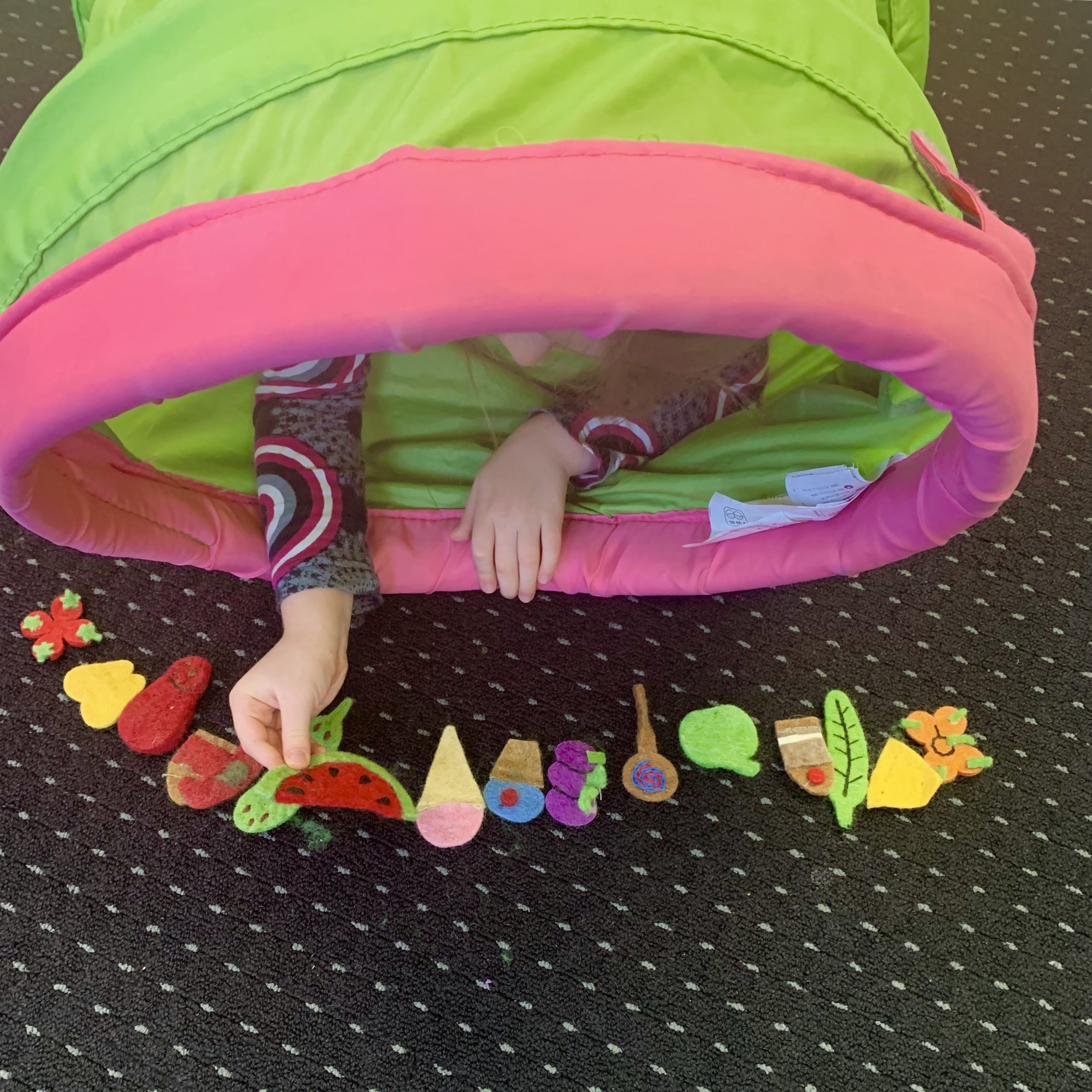
As Speech Pathologists, Occupational Therapists and Certified ESDM Therapists, we know how important the early signs of autism are. It is essential that parents, teachers, and caregivers, recognise early signs of autism spectrum disorder (ASD) in preschoolers. Early identification allows for timely intervention, paving the way for better outcomes in social skills, communication, and behaviour. This blog aims to empower you with knowledge about the signs of autism in preschoolers and how to provide effective support.
What is Autism Spectrum Disorder (ASD)?
Autism spectrum disorder is a developmental condition that affects how individuals communicate, interact socially, and perceive the world around them. It includes a wide range of symptoms and severity levels, often characterised by challenges in social skills, communication, and repetitive behaviours.
Signs of Autism in Preschoolers
Understanding the signs of autism spectrum disorder (ASD) in preschoolers is crucial for early identification and intervention. Autism affects various aspects of a child’s development, including social engagement, communication, play interests, and behaviour. Here’s a detailed look at the signs across these domains:
Social Engagement Signs
- Limited eye contact: Children with autism may find it challenging to make eye contact or sustain it during interactions. They might look away or avoid eye contact altogether, which can affect social bonding and communication.
- Lack of social gestures: Preschoolers with autism may rarely or inconsistently use gestures like pointing, waving, or reaching out to express themselves or interact with others.
- Difficulty with relationships: Children with autism may struggle to form friendships or show a preference for solitary play over engaging with peers. They may find it hard to understand social cues or respond appropriately in social situations.
Communication Signs
- Delayed language development: Some preschoolers with autism may have a late onset of language or exhibit limited use of words compared to their peers. They may have difficulty expressing their needs or thoughts verbally.
- Echolalia: Echolalia is a common speech characteristic in children with autism where they repeat words or phrases they hear, often without understanding their meaning or context.
- Difficulty with conversation: Children with autism may find it challenging to initiate conversations or maintain them. They may struggle with turn-taking, topic maintenance, and understanding non-verbal cues during interactions.
Play Interest Signs
- Repetitive play: Preschoolers with autism often engage in repetitive behaviours or play rituals. They may repeatedly line up toys, spin objects, or perform the same actions over and over again.
- Lack of imaginative play: Children with autism may have difficulty engaging in pretend play or imaginative scenarios. They may prefer routine-based play or focus on sensory aspects of play rather than creating imaginative narratives.
- Unusual interests: Many preschoolers with autism develop intense interests in specific topics or activities. They may immerse themselves deeply in these interests, often to the exclusion of other activities.
Behavioural Signs
- Sensory sensitivities: Children with autism may be hypersensitive or hyposensitive to sensory stimuli such as lights, sounds, textures, or tastes. They may react strongly to certain sensory inputs or seek sensory stimulation in unusual ways.
- Rigid routines: Preschoolers with autism often insist on sameness or have difficulty adapting to changes in daily routines or environments. They may become upset or anxious when routines are disrupted.
- Stereotyped movements: Repetitive body movements like hand-flapping, rocking, spinning, or finger flicking are common in children with autism. These movements may serve a self-stimulatory or soothing purpose.
Early Intervention and Support
Early identification of autism signs in preschoolers allows for timely intervention and support. Parents, caregivers, and educators play a critical role in recognising these signs and seeking professional guidance from paediatricians, psychologists, or developmental specialists.
If you suspect your child may have autism or developmental delays, take action today. Contact OneOnOne Children’s Therapy for expert assessment and early intervention services. Our compassionate team of professionals specialises in supporting children with autism through individualised therapies including speech pathology, occupational therapy, and ESDM.
We have custom built clinics in Sydney’s Bondi Junction and Mascot. Our Certified ESDM Therapists are available to have a discussion with you about your child’s program.
Let’s work together to unlock your child’s potential and ensure they receive the best possible start. Reach out now to schedule a consultation and take the first step towards a brighter future for your child.
